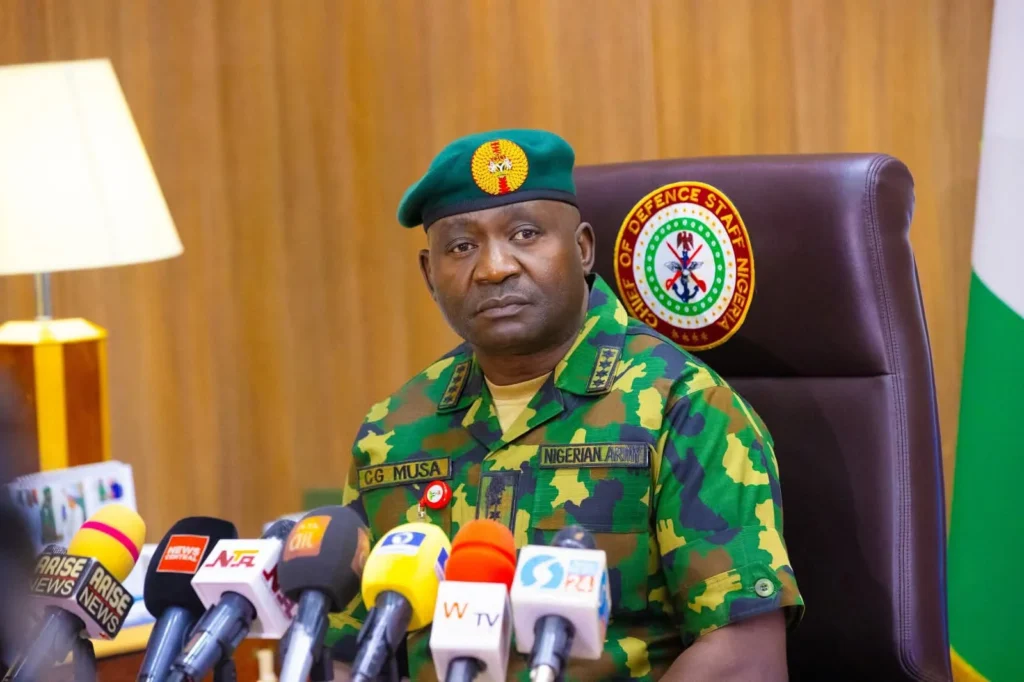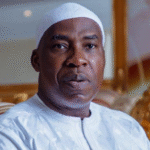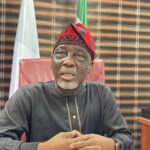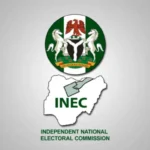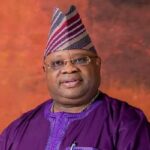Now Reading: Economy now predictable, stable, says Shettima
-
01
Economy now predictable, stable, says Shettima
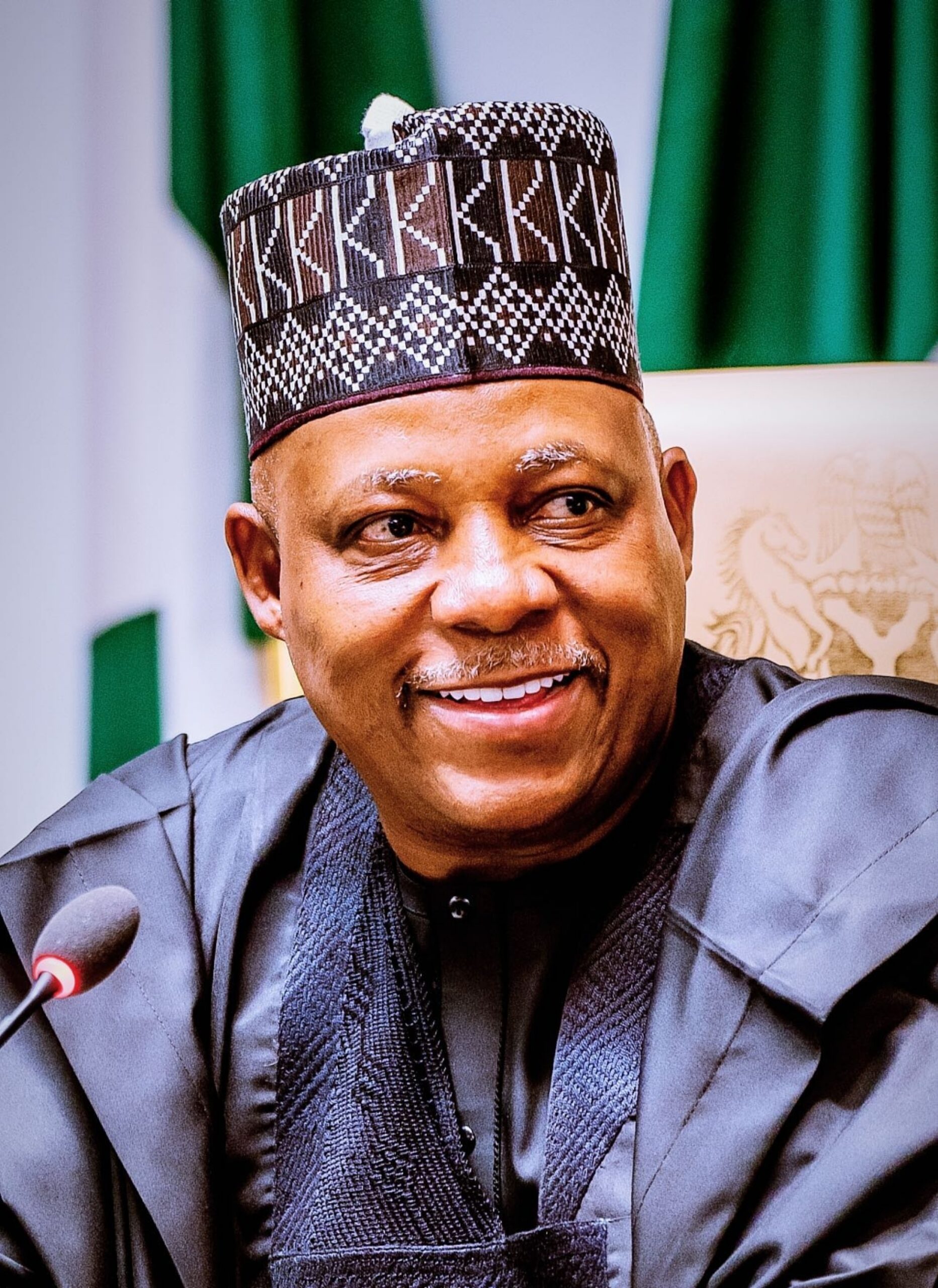
Economy now predictable, stable, says Shettima
Vice President Kashim Shettima has said the era of volatility and unpredictability that once characterised the nation’s economy has ended.
He credited the ongoing reforms of President Bola Ahmed Tinubu’s administration for restoring stability and investor confidence.
Shettima spoke yesterday in Abuja at the opening of the Digital Nigeria International Conference and Exhibition.
The Vice President noted that the current administration has been compelled to take bold decisions in response to global economic uncertainties marked by “shocks, shifting alliances, and the rapid displacement of traditional jobs by emerging technologies”.
According to him, the reforms are yielding results, including the recent upgrades by global rating agencies, as indicators of the country’s improving economic track.
In a statement by the Senior Special Assistant on Media and Communications in the Office of the Vice President, Stanley Nkwocha, VP Shettima said: “Fitch’s upgrade of Nigeria’s sovereign rating to B with a stable outlook, and Moody’s lifting of our issuer rating to B3, are clear signals that the world is taking note of the steady course we are maintaining.
“What this administration has achieved is to end the regimes of volatility and unpredictability that once defined our economy. The phase before us now is to ensure that these macroeconomic gains trickle down to the people—from the kiosks of neighbourhood traders to the boardrooms of multinational corporations.”
According to him, the government’s approach has been shaped by the recognition that “we can no longer apply 20th-century solutions to 21st-century problems”.
The Vice President stated that the conference’s theme: Innovation for a Sustainable Digital Future: Accelerating Growth, Inclusion, and Global Competitiveness, aligned with President Tinubu’s economic reform agenda.
The Vice President said Nigeria’s long-term stability hinges on digital transformation, insisting that the time has come to prioritise deep-tech solutions that address foundational challenges in agriculture, healthcare, logistics, and governance.
“We need a digital ecosystem that works as seamlessly in Lagos as it does in Abuja, Port Harcourt, Kano, Gusau, and across every corner of our nation,” he said.
Shettima painted a picture of an inclusive digital economy, saying the envisioned growth must enable “the farmer in Bida to access real-time market data to sell his harvest at a fair price” and “a young woman in Oguta to work remotely for a global company because she has connectivity and the skills to compete”.
The Vice President stressed that Nigeria must seize the “redemptive opportunity” offered by the digital revolution to define its role in the next chapter of global progress.
At the centre of that ambition, he added, is President Tinubu, whom he described as “a man of a thousand visions” and a leader suited for a time that demands patriots and reformers.
Outlining the administration’s strategy, Shettima identified three pillars — people, infrastructure, and policy.
He listed some programmes, such as Digital Literacy for All (DL4ALL) and the 3 Million Technical Talent (3MTT) initiative, as central to building talent capacity. He also highlighted nationwide broadband projects and a policy environment that nurtures innovation.
Shettima also stated that the National Digital Economy and e-Governance Bill is in its final stages at the National Assembly.
Once passed, the Vice President said, it would “unlock the GovTech revolution” and usher in smarter governance, greater transparency, and inclusive service delivery.
He urged private sector participation, calling industry players “the innovators, the disruptors, the dreamers who turn possibilities into progress.”
The Minister of Communications, Innovation and Digital Economy, Dr. Bosun Tijani, said the administration’s enabling digital policies are laying the foundation for stronger infrastructure.
He urged stakeholders to deepen collaboration to make Nigeria a model of technology-driven prosperity.
The Director-General of NITDA, Kashifu Inuwa Abdullahi, applauded the Vice President’s support for youth-focused initiatives, describing it as consistent with the Renewed Hope Agenda.
Also, the CEO of the Nigeria Data Protection Commission, Dr. Vincent Olatunji, underscored the socio-economic promise of a rapidly expanding digital economy and urged Nigeria to position itself for global relevance.
Source: The Nation

